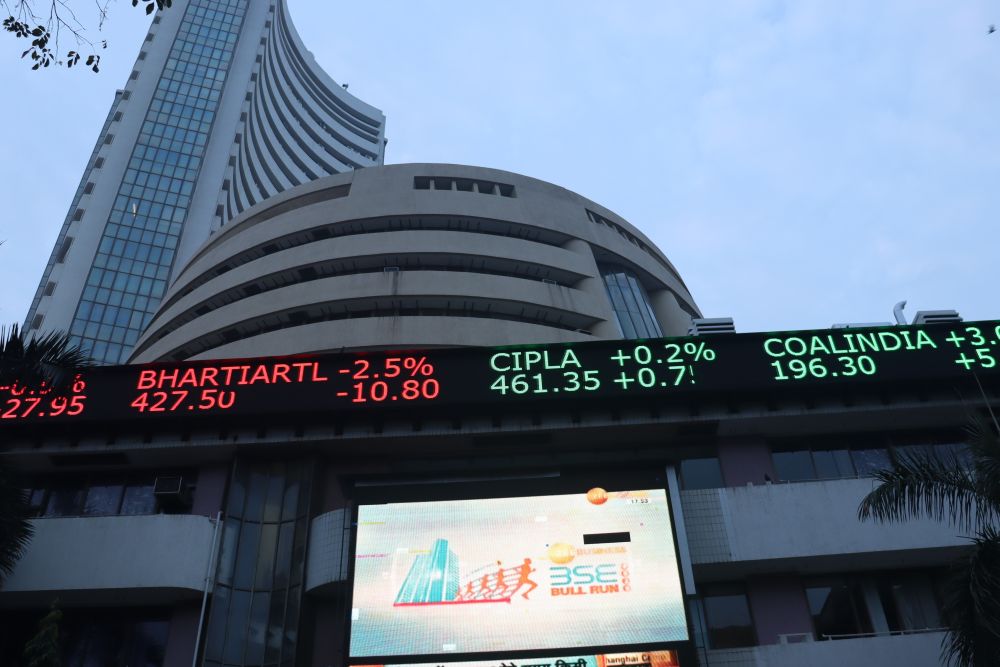Investment in the fintech sector globally has risen, but so has competition for funding. Recent initiatives, such as the Hong Kong Monetary Authority’s (HKMA) Fintech 2025 strategy, will strengthen fintech’s role as Hong Kong’s next growth engine, but the city can do more to help its fintech sector compete with other fintech hubs in attracting funding.
Creating conditions for more innovative firms to flourish would help entice investors. In particular, Hong Kong should continue to reduce barriers to entry through incubating more potential startups and maintaining a level playing field for all firms. Policy support for startups can be provided at different stages of their lifecycles to attract overseas and local firms to set up and operate in the city.
More assistance could be rendered to firms to venture overseas, especially to the Asean region, for collaboration and opportunities to tap large unbanked populations. In addition, opening the borders to overseas talent can address the problem of a small tech talent pool and strengthen the competitiveness of local fintech firms.
Policymakers should also ensure that the benefits of fintech will spill over to other parts of the population, especially the underserved low-income segment as well as micro, small and medium enterprises.
Hong Kong’s fintech sector faces competition from Asian peers such as Beijing, Shanghai, Singapore and Bangalore, European hubs such as London, and US cities including New York and San Francisco.
Investment flows to London, New York and San Francisco were undeterred by the Covid-19 pandemic, with the combined funding value for the three cities more than doubling last year versus pre-pandemic levels, because of more fintech startups and adoption.
Funding raised by fintech firms in Bangalore grew approximately 1.3 times annually between 2018 and 2020, reaching US$3.8 billion at the end of 2021. The city’s edge lies in having a vibrant investment ecosystem, low penetration of financial services for the majority of its population, and a rich source of technology talent.
Funding to fintechs in Beijing, Shanghai and Singapore has been affected by the uncertainty caused by US-China tensions and the pandemic. Nevertheless, strong demand for digital financial services has supported the significant fundraising activities in these economies. Grab in Singapore, for instance, has garnered multiple rounds of large funding since 2014.
While global competition has increased, private funding to the fintech sector in Hong Kong remains robust by historical standards. Fintech investment ballooned to US$795 million in November 2021, more than twice the amount recorded for 2020, because of the accelerated pace of digital adoption during the pandemic, firmer economic recovery and support from the HKMA’s Fintech 2025 strategy. The latest strategy aims to nurture the fintech ecosystem by empowering financial institutions to adopt technology.
The positioning of Hong Kong as a key innovation and technology hub for the Greater Bay Area and international financial centre – as laid out in China’s 14th Five Year Plan – should also enable fintech firms in the city to leverage Hong Kong as a test bed for further expansion to mainland China’s massive markets, raise capital and create demand for fintech.
The cautionary tale is that new forms of technology come with new risks, making it incumbent on the authorities to closely monitor and assess these risks to safeguard financial stability. Challenges ahead could relate to how to strengthen regulations without sacrificing innovation. Ongoing efforts to improve financial literacy and the understanding of myriad forms of fintech, such as cryptocurrencies, are also necessary.
Edmond Choo Chiang Yong is an associate economist with the regional surveillance organization ASEAN+3 Macroeconomic Research Office (AMRO)








